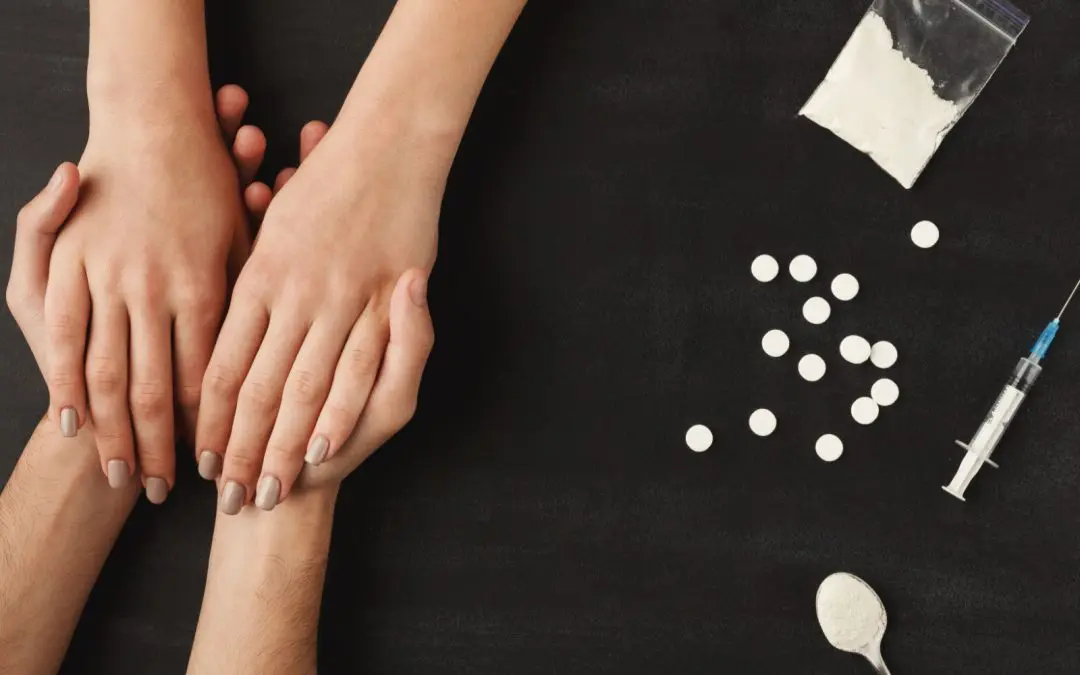24/7 Helpline:
(866) 899-221924/7 Helpline:
(866) 899-2219
Learn more about PTSD Treatment centers in Wall
PTSD Treatment in Other Cities

Other Insurance Options

Ambetter

Magellan Health

Optima

CareFirst

Health Net

Meritain

BlueShield

CareSource

Sliding scale payment assistance

AllWell

State Farm

Covered California

Molina Healthcare
Beacon

Choice Care Network

Lucent

Coventry Health Care

Magellan

EmblemHealth

Access to Recovery (ATR) Voucher











